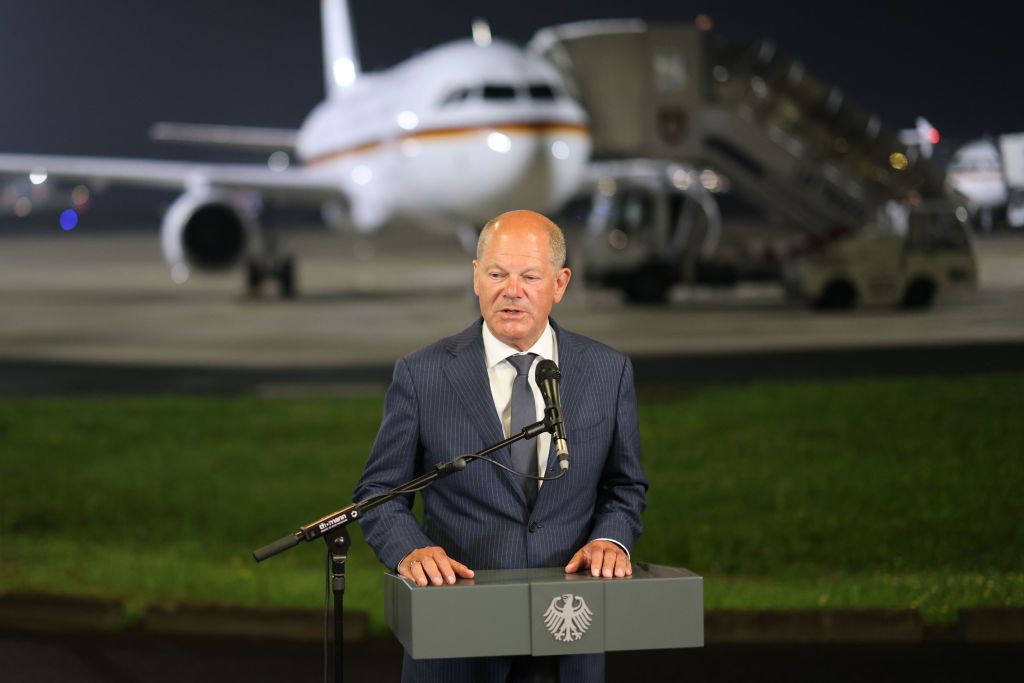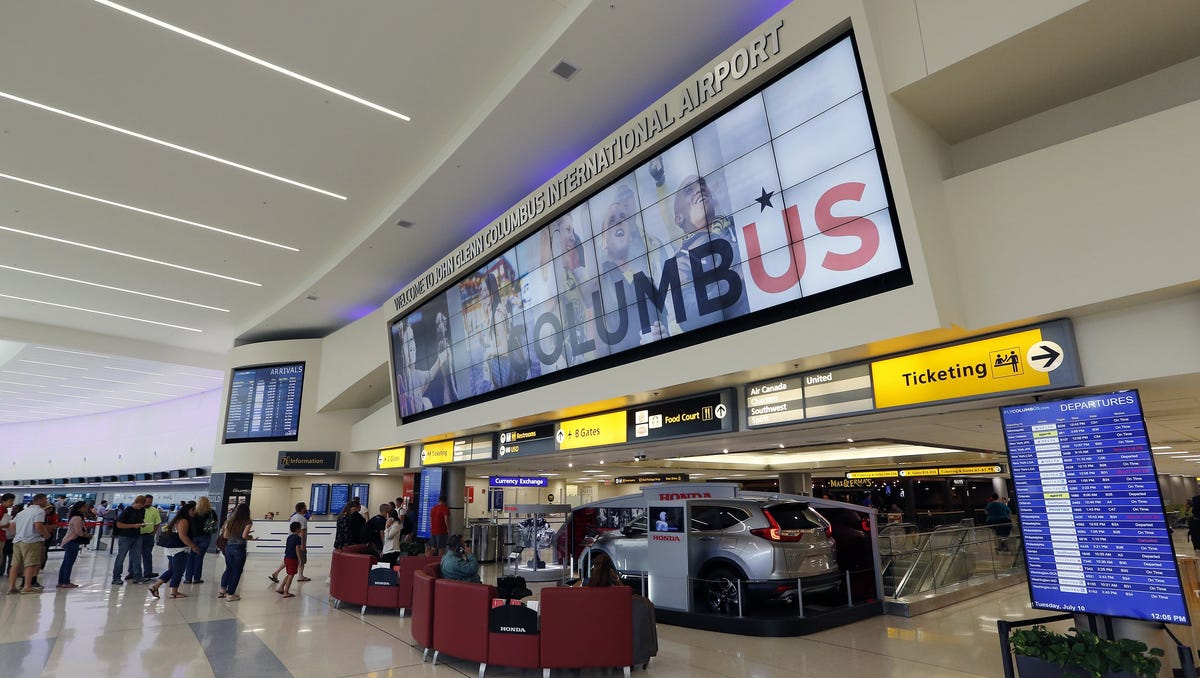Jobs
Scholz calls on ‘several hundred thousand’ of Ukrainian refugees to apply for jobs in Germany

German Chancellor Olaf Scholz said he would like to see “several hundred thousand” more Ukrainian refugees currently in Germany find employment, German media outlet Tagesschau reported on Sept. 7.
Scholz’s statement came amid talks of a possible cut in aid to Ukrainian refugees in Germany. Ukrainian refugees who receive social payments while unemployed has also caused debate among German officials.
More than 200,000 Ukrainian refugees have already found jobs in Germany through the government’s Jobturbo program, Scholz said during a conference with citizens and voters of his Social Democratic Party (SPD) in Teltow.
“But there were several hundred thousand more, so to say. That is why I would like to see the work done,” Scholz said, adding that the federal states and employers are responsible for assisting Ukrainians in finding employment.
Teltow is in Scholz’s constituency in Brandenburg, where he campaigned as a member of the Bundestag. Elections will be held in Brandenburg on Sept. 22.
Germany has taken in more than 1 million refugees from Ukraine since February 2022. Berlin has spent more than 20 billion euros ($21.4 billion) on accommodation and integration of refugees, according to Bloomberg.
Deutsche Welle reported in August that most refugees from Ukraine who are medical professionals are still not allowed to work in Germany due to “bureaucratic processes.” Out of 1,674 doctors who applied to practice medicine, only 187 were approved, the media outlet said.
In June, Germany, Poland, and the Czech Republic asked the European Union for financial assistance to cover expenses for hosting Ukrainian refugees. The leaders of three states sent a joint letter to European Commission President Ursula von der Leyen with their request for funding.
Speaking to reporters ahead of the EU leaders summit in Brussels the same month, Scholz said that the question of each member state’s contribution to taking in Ukrainian refugees “is not clearly distributed.” The EU should compensate those three nations for living costs, vocational training, and language courses, Scholz said at the time.
Scholz’s comments in Brussels come after his June 24 statement about the decreasing popularity of Germany’s Social Democratic Party (SPD) that he leads, which is reportedly connected to some voters’ opposition to the party’s support for Ukraine.
Howitzers, missiles, armor — what Ukraine was promised in Ramstein
As the allies gathered at the Ramstein Air Base for the 24th meeting of the Ukraine Defense Contact Group (UDCG), President Volodymyr Zelensky arrived in person to lobby for faster deliveries of air defenses and long-range weapons. Despite new aid pledges, the result has been rather lackluster. Kyi…








